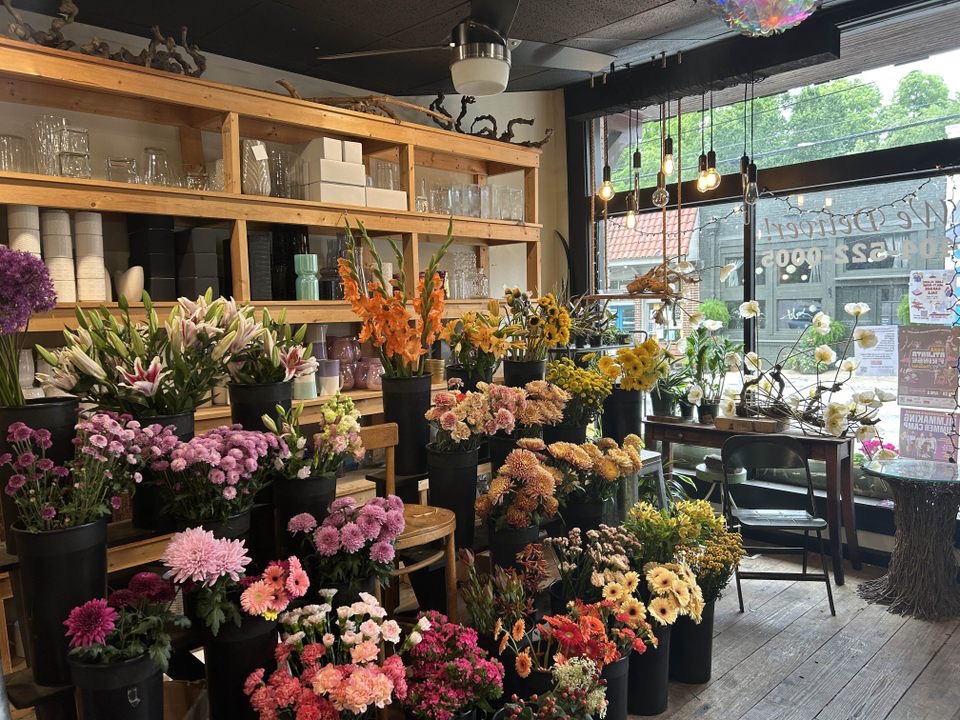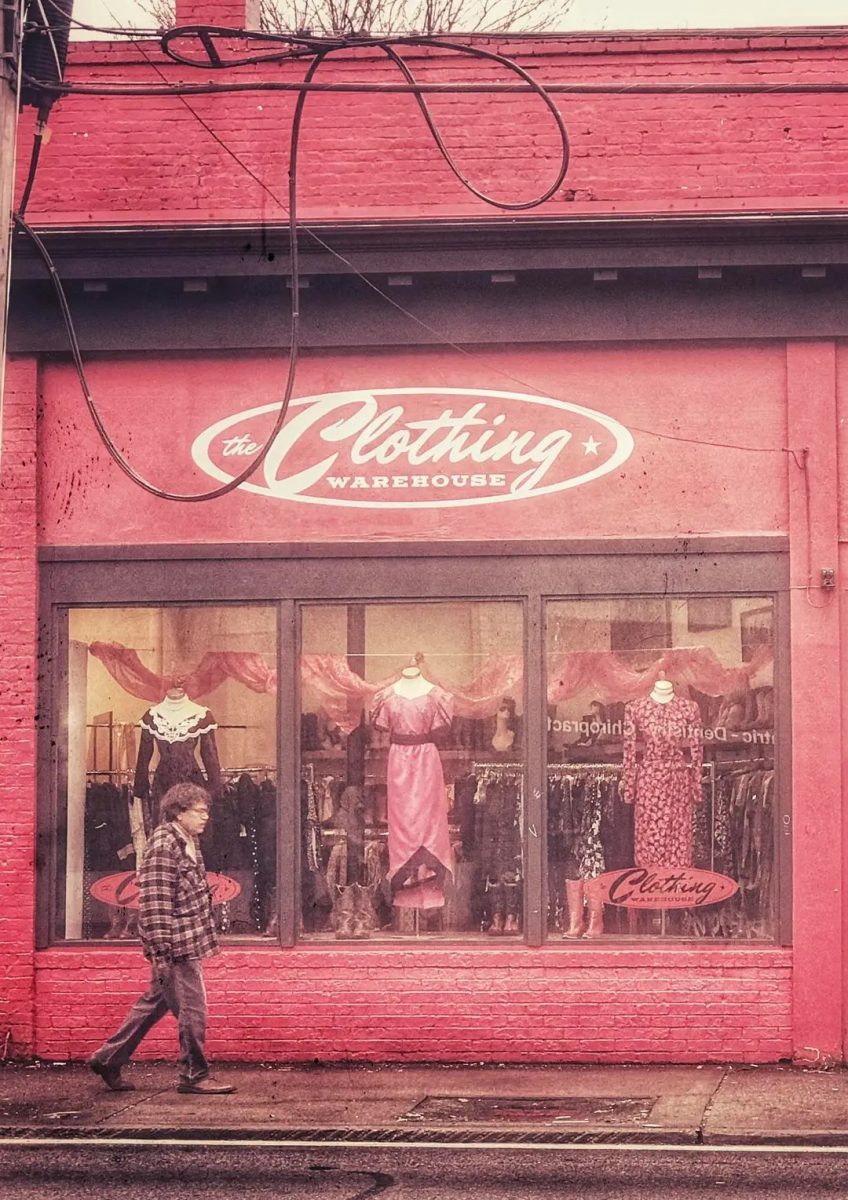
Throughout Atlanta and the world, daffodils bloom in remembrance of the tragedy that affected millions: the Holocaust.
Although there is still pain felt worldwide when the Holocaust is mentioned today, to repair these deep wounds, schools and museums everywhere teach kids what happened to ensure future generations learn from the past. Then there’s the Daffodil Project.
Started by Dr. Andrea Videlefsky, founding member and current President of Am Yisrael Chai, a nonprofit Holocaust Education and Awareness organization, the Daffodil Project is a project that aims to plant 1.5 million daffodils worldwide to remember the 1.5 million Jewish children who were killed during the Holocaust, and children currently suffering from the effects of on-going genocides.
“As a founding member of Am Yisrael Chai, I was looking for a way to engage the next generation in Holocaust education,” Videlefsky said. “One day, as I drove down the road, I came upon some daffodils and suddenly noticed the shape and the color and how they resembled the Yellow Stars that the Jews were forced to wear during the Holocaust. At that moment, the idea for the Daffodil Project was born.”
The project, created in 2010 in Atlanta with only 1,800 daffodils, was created to inspire people and involve the community in remembering the children killed. With over 270,000 daffodils planted around the world, the effect the project has had can be seen in everyone involved.
“I lost six members of my family, including my father, three grandparents, an uncle and a cousin who was still a young child,” Holocaust survivor and Am Yisrael Chai board member, Ben Klein, said. “Every planting I go to, I plant at least six bulbs.”
The Daffodil Project has grown around the world. With over 60 locations in countries including the United States, Canada, Germany, Poland and Amsterdam, the daffodil has become more than a simple symbol of the project’s mission.
“There is strong symbolism in the fact that the daffodils, like the children, bloom with strength and beauty for only a short time, but they are resilient and return with a burst of color each spring, reminding us of our obligation to remember and to take action for the future,” Videlefsky said.
The Daffodil Project partners with corporations, schools, synagogues, churches, college campus organizations and cities around the world to plant the flowers. The number of daffodils that each location donates and plants is up to them. Some places choose to plant 360, while others plant over 100,000.
No matter where or how many flowers are planted, the message the project aims to spread permeates through the community.
“In today’s world, where many are reacting negatively to people who are ‘foreign,’ the Daffodil Project is a constant reminder that we are all part of humanity, and we need to learn and embrace each other’s differences,” said Nadine Becker, a board member at Am Yisrael Chai. “Otherwise, we have learned little from history.”
Recently, the 2016 Turner Downtown Community Leadership award went to Videlefsky and the project because it “beautifies the city in a meaningful way.”
“It brings tears to my eyes and a special feeling in my heart as I know that those children who mostly have no marked graves, are being remembered now and for years to come,” said Videlefsky.
As for the future of the Daffodil Project, with thousands of daffodils being planted each year across the world, the project has not slowed down, although it may take a few more years to make it to its projected goal.
“Someone once asked me if I thought the goal of planting 1.5 million daffodils could be achieved during my lifetime,” said Videlefsky. “Well, if atrocities during this century could have destroyed entire communities and many lives, then I think we have the collective power to combat that evil and make this happen within the next 10 years, or even sooner.”
According to Videlefsky, the project benefits everyone involved and has the ability to unite the world.
“This is a win-win project,” said Videlefsky. “We all become part of something in which the whole is much greater than the sum of all the individual parts.”



![STANDING STRONG: Hills4ATL founder A.B Bailey [left] leads workouts ranging in intensity every week, including hill climbs and yoga. Bailey believes that his workout classes bring together Atlantans of all ages for unique workout opportunities, as outlined from the beginning of Hills4ATL.](https://thesoutherneronline.com/wp-content/uploads/2025/05/hills-1200x800.jpg)


